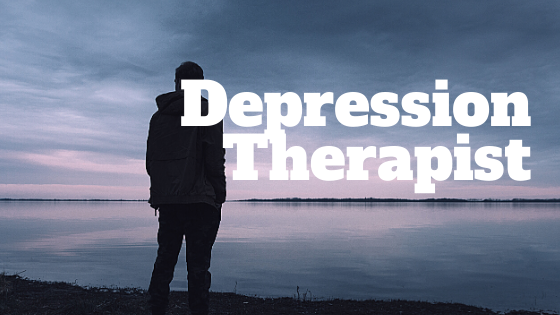Psychiatrist will question the person regarding his or her mood and levels of activity. Some of the clinical signs of depression may include feelings of poor self-worth and low level of self-esteem, as well as inability to take pleasure with all the enjoyable activities and other hobbies that usually presides in his or her surroundings. The experienced anxiety & depression therapist will also question the person if there are situations, objects or person in particular that bothers them, since stress, fear and anxiety is known to be a predisposing condition for diagnosing depression.

Avoiding false reassurance and challenging a depressed person is not advisable. These manifestations are carefully observed and an immediate therapeutic intervention should be done to prevent harmful activities that can put the life of the person in danger. Usually, in diagnosing depression, the mental health personnel perform several examinations pertaining to the mental status of an individual. This may include the things which display the ability of the person in terms of judgment, logic or critical thinking and memory.
Simple tasks must be planned for them because complexity of a task can worsen the condition of the patient. It is better to communicate with depressed people as much as possible. Involve them to some enjoyable activities that can enhance their confidence and social skills. Social participation is very important in intervening depressed cases. Most importantly, limitations to the activities should be emphasized because there are times that this affair can be troublesome to other person who are depressed.